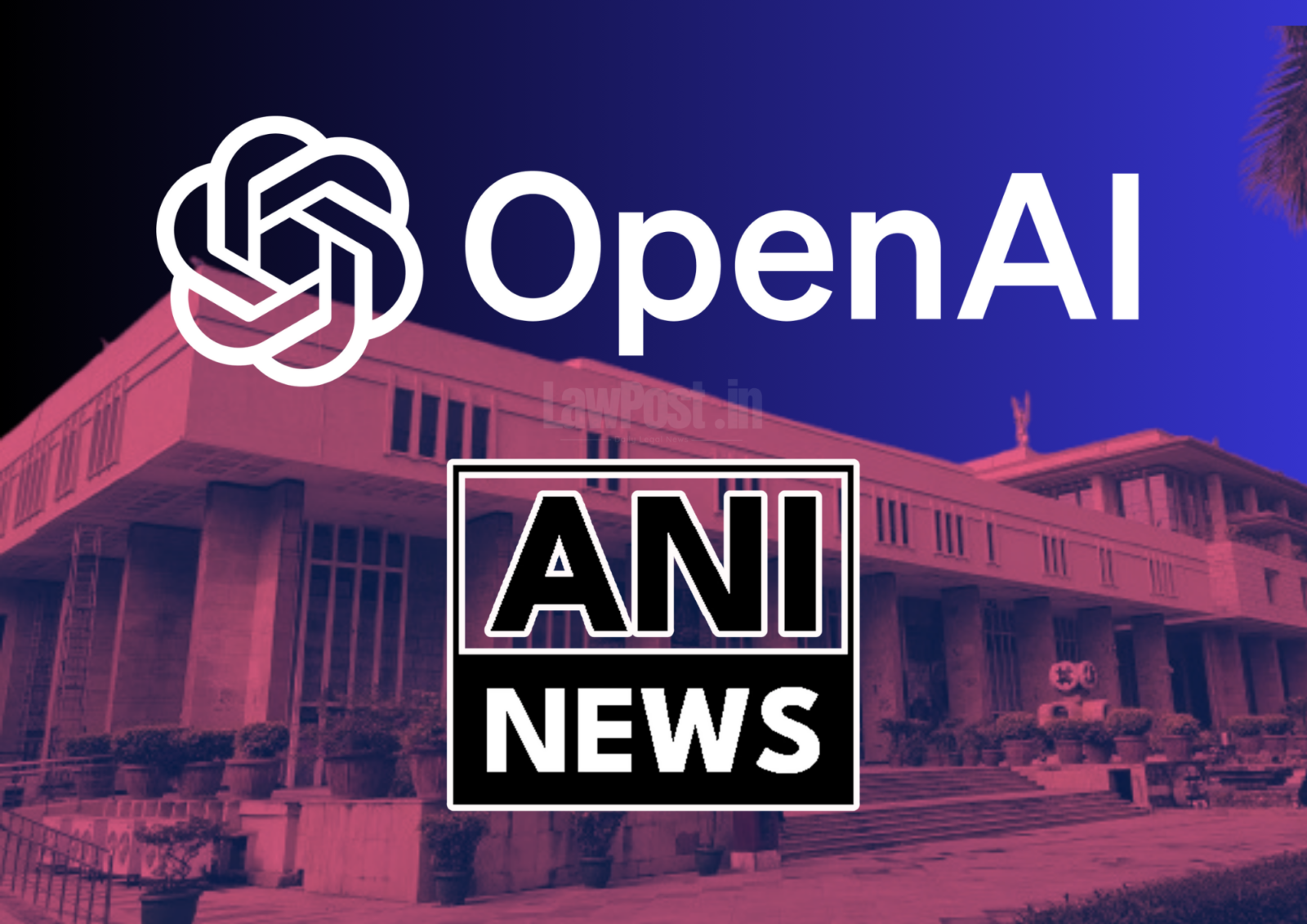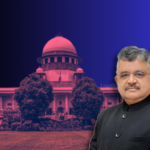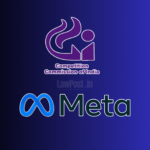The Delhi High Court has summoned OpenAI in a copyright infringement suit filed by Asian News International (ANI), marking the first instance of an Indian media house suing the AI company. ANI has alleged unauthorized use of its content by OpenAI’s ChatGPT for training its language model.
Court Focuses on Copyright and AI Models
Justice Amit Bansal, presiding over the matter, highlighted the importance of the case in addressing the use of publicly available content by AI models. The court announced its plan to appoint an amicus curiae to assist with the legal and technical aspects of the case.
OpenAI stated that it had blocked ANI’s official website to prevent its data from being used by ChatGPT. However, ANI contended that its content is still accessible through third-party platforms that reproduce its news.
Arguments from ANI
ANI’s counsel, Advocate Sidhant Kumar, argued that OpenAI had used ANI’s copyrighted material to train its model without authorization. He added that the chatbot also falsely attributed content to ANI, citing an example where it claimed ANI had conducted an interview with Rahul Gandhi, which was incorrect.
“This service also gives a false attribution to me. That is the propensity to not just hurt my private rights but also spread fake news,” Kumar argued. ANI maintained that this misuse of its content could harm its reputation and contribute to the spread of misinformation.
OpenAI’s Defense
Senior Advocate Amit Sibal, representing OpenAI, refuted the claims, stating, “There is no monopoly on facts. Copyright laws protect expressions, not ideas or facts.” Sibal also pointed out that ANI’s content was not directly reproduced by ChatGPT in India, challenging the maintainability of the suit.
Sibal clarified that OpenAI has implemented a mechanism to block websites from being accessed by its model upon request. “If anyone does not want their website accessed by me, they can get themselves put on a blocklist,” he said.
Global Precedents Referenced
The court was informed that this was the first case against OpenAI in India. Sibal noted that OpenAI faces 13 lawsuits in the United States, two in Canada, and one in Germany, but no court has found its data-gathering practices to violate copyright laws.
Next Steps in the Case
The court has issued notices to OpenAI on ANI’s application seeking interim relief, including restrictions on ChatGPT’s operations concerning its content. Justice Bansal stated that the court would examine ANI’s broader concerns later but would primarily focus on false information generated by ChatGPT.
The case is set to address critical issues concerning copyright laws in the context of AI and the potential liability of generative AI platforms for misinformation and unauthorized use of content.








